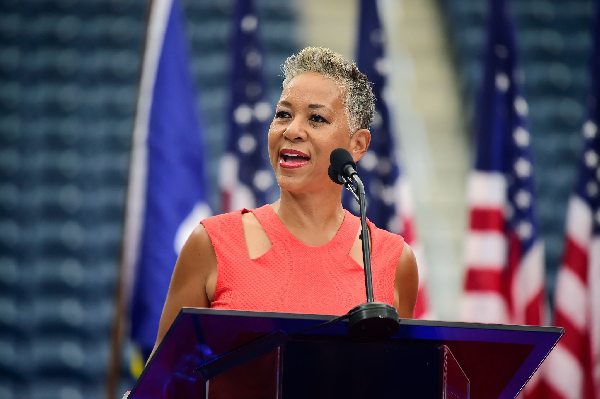Educational trips are an excellent way to enhance students’ learning experiences beyond the classroom walls. These trips not only provide hands-on learning opportunities but also help students develop critical thinking, problem-solving, and social skills. In this article, we’ll explore the top 7 ideas for educational trips that can inspire and engage students of all ages.

Museums are treasure troves of knowledge, offering students a glimpse into history, art, science, and culture. Whether it’s a local history museum or a world-renowned institution like the Smithsonian, museum visits can spark curiosity and encourage students to explore new subjects in depth.
Immersing students in nature is a fantastic way to teach them about ecology, conservation, and the importance of preserving our planet’s biodiversity. Visiting nature reserves and national parks allows students to observe wildlife in their natural habitats, learn about ecosystems, and develop a deeper appreciation for the environment.
Bringing history to life is one of the most powerful aspects of educational trips for students. Visiting historical sites and landmarks, such as ancient ruins, battlefields, or significant buildings, helps students connect with the past and understand the events that shaped our world.
For students interested in science and technology, visiting science centers and planetariums can be an eye-opening experience. These destinations offer interactive exhibits, demonstrations, and simulations that make complex scientific concepts more accessible and engaging.
Organizing trips to foreign countries or culturally diverse regions within the same country can broaden students’ horizons and foster cultural understanding. Language immersion programs, where students stay with host families and attend local schools, are particularly effective in developing language skills and cultural competence.
Incorporating community service and volunteer projects into educational trips teaches students the value of giving back and making a positive impact on society. Whether it’s helping to build homes for underprivileged families or working on environmental conservation projects, these experiences can be life-changing for students.
Exposing students to various industries and professions can help them make informed decisions about their future careers. Visiting companies, factories, or research facilities in fields such as technology, healthcare, or engineering can provide valuable insights into the day-to-day operations and challenges of different professions.
In conclusion, educational trips offer students a wealth of opportunities to learn, grow, and explore the world around them. By incorporating these top 7 ideas into your school’s travel plans, you can create meaningful and memorable experiences that will stay with your students for years to come. Remember, the key to a successful educational trip is to strike a balance between learning and fun, ensuring that students remain engaged and motivated throughout their journey of discovery.
Share This Story, Choose Your Platform!
This site uses Akismet to reduce spam. Learn how your comment data is processed.













